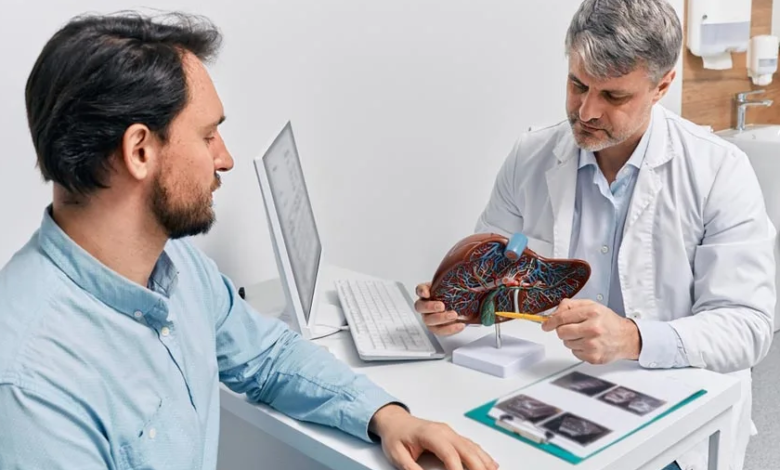The Gut-Brain Connection: How Alcohol Addiction Damages Your Microbiome

Scientists have long understood that alcoholism wreaks havoc on the liver, heart, and brain. But emerging research is revealing another victim of chronic alcohol abuse: the trillions of microorganisms living in your digestive system. Your gut microbiome, once thought to be simply involved in digestion, is now recognized as a crucial player in mental health, immune function, and even addiction itself.
How Alcohol Disrupts Your Gut Ecosystem
Your intestinal tract houses a complex ecosystem of bacteria, fungi, and other microorganisms that work in delicate balance to keep you healthy. Chronic alcohol consumption acts like a wrecking ball to this ecosystem. Alcohol damages the intestinal lining, creating what researchers call “leaky gut syndrome,” where the protective barrier becomes permeable and allows toxins and bacteria to enter the bloodstream.
Studies show that people with alcohol use disorder have significantly altered gut microbiome compositions compared to non-drinkers. Beneficial bacteria like Lactobacillus and Bifidobacterium decline sharply, while harmful bacteria flourish. This imbalance, called dysbiosis, triggers systemic inflammation throughout the body and brain.
The Two-Way Street Between Gut and Brain
The gut-brain axis is a bidirectional communication highway connecting your digestive system and your central nervous system. Your gut bacteria produce neurotransmitters like serotonin, dopamine, and GABA—the same chemicals that regulate mood, anxiety, and reward pathways. In fact, approximately 90% of your body’s serotonin is produced in the gut.
When alcohol disrupts your microbiome, it directly impacts your mental health. The damaged gut produces fewer mood-regulating neurotransmitters, potentially contributing to the depression and anxiety that many people in active addiction experience. This creates a vicious cycle: people drink to cope with negative emotions, but the alcohol further damages their gut microbiome, worsening their mental state and intensifying cravings.
Research published in 2024 found that restoring gut health in people recovering from alcohol addiction led to significant improvements in mood, reduced cravings, and lower relapse rates. The gut-brain connection isn’t just a factor in addiction—it may be a key to recovery.
See also: Choosing the Best Health Insurance Plan for Your Unique Health Needs
Healing Your Microbiome in Recovery
The good news is that the gut microbiome is remarkably resilient. With sustained abstinence and proper nutrition, beneficial bacteria can begin to repopulate within weeks. However, full recovery of the microbiome can take months or even years, depending on the severity and duration of alcohol use.
Nutritional therapy is becoming an integral part of comprehensive addiction treatment. Incorporating probiotics, fermented foods like yogurt and sauerkraut, prebiotic fiber, and anti-inflammatory foods can accelerate microbiome healing. Reducing sugar and processed foods also helps, as these feed harmful bacteria.
Avoiding alcohol also allows the intestinal lining to repair itself, restoring the gut’s protective barrier and reducing systemic inflammation. Many people in recovery report that as their gut health improves, they experience clearer thinking, better mood stability, and increased energy.
If you or someone you love is struggling with alcohol addiction, comprehensive treatment that addresses both the psychological and physical aspects of recovery is essential. Facilities like Seasons in Malibu offer evidence-based programs that incorporate nutritional therapy alongside traditional treatment approaches, supporting whole-body healing. Recovery is possible, and understanding the gut-brain connection offers new hope for lasting wellness.




